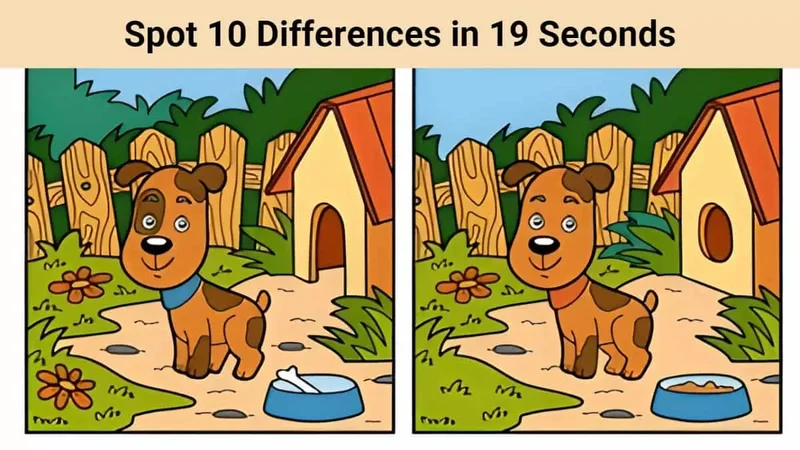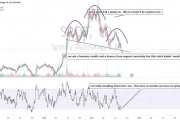"People Also Ask": The Dumbest Thing on the Internet? Seriously, "People Al...
2025-11-05 8 spot stock
Spotify just dropped its Q3 2025 numbers, and the initial reaction seems… muted. The press release is all sunshine and rainbows, touting user growth and engagement. But let's pull back the curtain and see what the data actually says, shall we?
First, the headline numbers: Spotify claims over 713 million users, with 281 million paying subscribers. That's growth, no doubt. But is it sustainable growth? The press release highlights the expansion across 184 markets. But here's the thing: emerging markets often mean lower average revenue per user (ARPU). Are they simply adding users who aren't contributing significantly to the bottom line? This is a crucial question that the earnings call (scheduled for 8 AM ET) needs to address head-on. (Spotify Releases Q3 2025 Results, Earnings Call 8 a.m. ET)
K.J. Harrison & Partners Inc. increased its Spotify holdings by 16.9% in Q2, which might suggest confidence. However, a deeper dive reveals a more nuanced picture. The acquisition was for a mere 1,000 shares. While their total holdings are valued at $5.295 million, this relatively small increase doesn't exactly scream bullish conviction. It's more like a cautious toe dip in the water. Other institutional investors have made similar, incremental moves. Are they genuinely optimistic, or just maintaining their positions?
Then there's the analyst chatter. JPMorgan Chase bumped their price target to $805, while others like Morgan Stanley cut theirs (from $850 to $800). This divergence of opinion isn't unusual, but the reasoning behind the revisions matters. Were the cuts due to broader market concerns, or specific anxieties about Spotify's performance? The Benzinga article mentions Goldman Sachs downgrading the stock from Buy to Neutral. This is the part of the report that I find genuinely puzzling. A neutral rating suggests a lack of conviction, which is hardly a ringing endorsement.
The analyst consensus, according to MarketBeat, is a "Moderate Buy" with an average target price of $731.81. But averages can be deceiving. (Just because the average temperature is 70 degrees doesn't mean you won't experience both scorching heat and chilly nights.) The range of price targets is wide, indicating significant uncertainty about Spotify's future trajectory.

The upcoming change in leadership is another factor to consider. Daniel Ek stepping down as CEO to become Executive Chairman in 2026, with Gustav Söderström and Alex Norström taking over as Co-CEOs, is a significant shift. The Benzinga article highlights the accuracy rates of analysts covering Spotify. JP Morgan analyst Doug Anmuth has an 85% accuracy rate, which is impressive. But even the most accurate analysts aren't infallible. Past performance doesn't guarantee future success.
And here's a methodological critique: How are these analyst accuracy rates calculated? What timeframe is used? Are all recommendations weighted equally, or are more recent ones given greater importance? Without knowing the details, it's difficult to assess the true reliability of these figures. It's like trying to judge the quality of a restaurant based solely on its Yelp rating, without reading the individual reviews. The devil, as always, is in the details.
The reported earnings per share (EPS) expectation is $2.14, up from $1.45 a year ago. A substantial increase, about 47.6%, to be exact. But what's driving this growth? Is it increased revenue, cost-cutting measures, or a combination of both? And more importantly, can this level of profitability be sustained in the long term? These are the questions I will be looking for answers to in the earnings call.
Spotify's Q3 numbers paint a complex picture. User growth is undeniable, but the quality of that growth—specifically, its impact on profitability—remains an open question. Analyst opinions are divided, and the upcoming leadership change adds another layer of uncertainty. The company is still the dominant player in the audio streaming market, but its crown may be slipping.
The data suggests Spotify's future isn't a guaranteed chart-topper. It's more like a song stuck in the middle of the charts, with a good beat but uncertain staying power.
Tags: spot stock
Related Articles

"People Also Ask": The Dumbest Thing on the Internet? Seriously, "People Al...
2025-11-05 8 spot stock